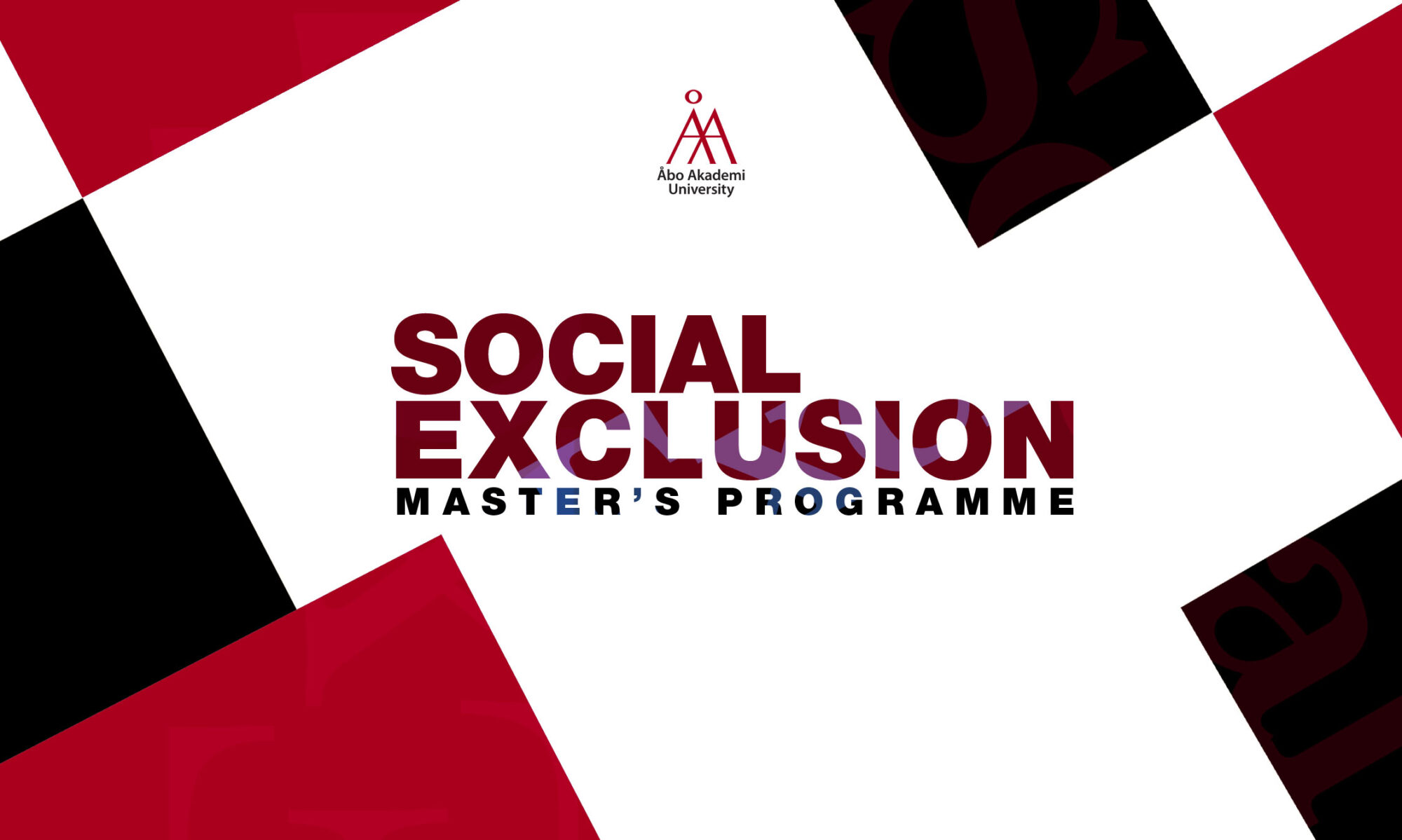Complaint!

In Complaint! Sara Ahmed examines what we can learn about power from those who complain about abuses of power. The idea for Ahmed’s book Complaint! came about when a group of students at the University Ahmed was working at filed a complaint against sexual harassment. Ahmed was asked by the students to attend a meeting as a feminist academic and to listen to the students and to aid them with their complaints to the administration. However, the lack of action taken from the Universities side, lead to Ahmed’s resignation in 2016. In the introduction to the book Ahmed explains the situations as follows:
“We worked together to confront the institution more directly about its role in enabling and reproducing a culture of harassment. The harder it is to get through, the more you have to do. The more we tried to confront the problem of sexual harassment as an institutional problem, the more we refused to accept weak statements about what the university was committed to doing, the more we questioned how they were changing policies without communicating with anyone why we needed to change policies (chapter 1), the more resistance we encountered.” (Ahmed 2021: 7)
Therefore, drawing on these oral and written testimonies from academics and students who have made complaints about harassment, bullying, and unequal working conditions at universities, Ahmed explores the gap between what is supposed to happen when complaints are made and what actually happens. To make complaints within institutions is to learn how they work and for whom they work. Complaint as feminist pedagogy or to have a feminist ear as Ahmed also refers to listening to those who are not being heard and dismantling institutional barriers that stop hearing these voices.
Ahmed explores how complaints are made behind closed doors and how doors are often closed on those who complain since complaints are usually seen as negative, not heard, tiresome and a distraction from what is “important”. To open these doors—to get complaints through, keep them going, or keep them alive—Ahmed emphasizes, requires forming new kinds of collectives. In other words, Ahmed sets out to give complaints a hearing, to give them room, to listen to them and to show their importance, power and life-changing ability through the extensive work of her book.
Sara Ahmed is a feminist and independent scholar, whose work include intersectional feminism, queer, and race studies. Her research additionally includes how bodies and worlds take shape; and how power is secured and challenged in everyday life worlds as well as institutional cultures.

